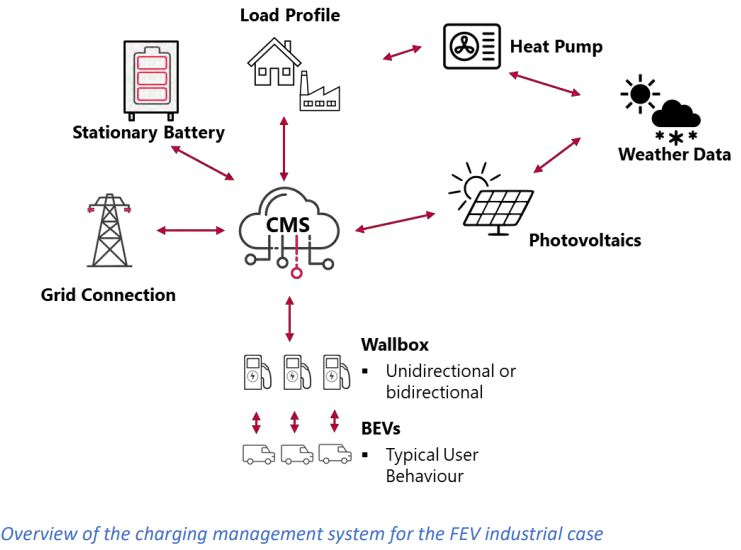The XL-Connect project has released a comprehensive report outlining its strategy for optimizing electric vehicle (EV) charging processes from the energy supply stage to end users. The report introduces advanced charging concepts and explores the implications of smart charging and Vehicle-to-Everything (V2X) technologies.
To investigate the benefits and feasibility of smart and bidirectional charging, the report defines seven use-case scenarios based on diverse parameters such as charging infrastructure location, topology, and user profiles. These scenarios include:
- Energy community neighborhood
- Residential areas
- Urban street parking
- Highway charging
- University campuses
- Industrial sites
- Company vehicle fleets
These scenarios span four European countries, each considering the respective local regulations to assess the impact of various levels of EV penetration on current grids.
The report also introduces a multilayered architecture design that integrates four key components: EVs, charging stations, buildings/homes, and the grid. This design is tailored for each scenario to ensure comprehensive analysis and simulation. Additionally, Key Performance Indicators (KPIs) have been defined to evaluate the operational, social, and economic impacts of these scenarios. These KPIs will be implemented in the digital twin simulation environment, which will model the interactions between the components and provide insights into the system’s performance.
This work will support further tasks within the project, including detailed subcomponent modeling and virtual and real-world demonstrations.
Click here to read the full report.


